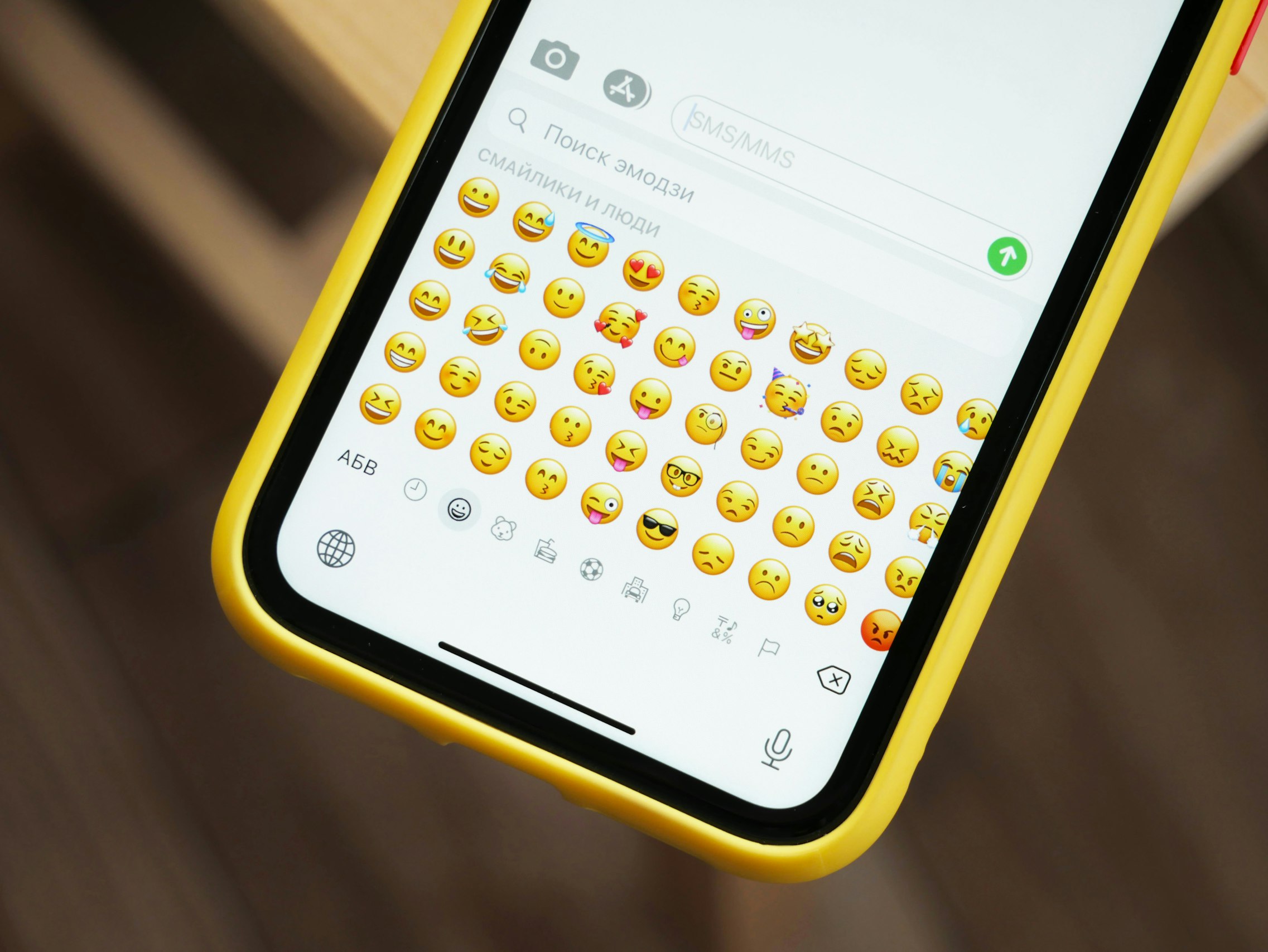Emojis have become a significant element in modern digital communication. There are few tools as effective as emojis for expressing emotions and adding fun to messages. In this article, we introduce various open source emoji libraries and suggest different service ideas that can be developed using them. Emoji libraries are more than just simple pictures; they open up possibilities for developing creative services.
Representative Open Source Emoji Libraries
1. Twemoji
- Description: An open source emoji library provided by Twitter, offering emojis in SVG and PNG formats.
- Features: Easily integrable into web projects, freely usable under the MIT license.
- GitHub Link: Twemoji GitHub
2. EmojiOne (JoyPixels)
- Description: An open source library providing emojis in various formats. Commercial use requires a license, but it is free for non-commercial use.
- GitHub Link: EmojiOne GitHub
3. Noto Emoji
- Description: An emoji library developed as part of Google’s Noto project. It follows the Apache License 2.0.
- GitHub Link: Noto Emoji GitHub
4. OpenMoji
- Description: An open source emoji library developed in collaboration by students and teachers, following the Creative Commons license.
- GitHub Link: OpenMoji GitHub
5. Emojilib
- Description: A JavaScript library that allows for searching emojis by keywords. It helps in easily searching and using emojis based on text.
- GitHub Link: Emojilib GitHub
Service Ideas Using Emoji Libraries
By utilizing emoji libraries, various creative services can be developed. Here are some ideas:
1. Emoji Search and Recommendation Service
- Description: A web or mobile application that searches and recommends relevant emojis based on user-entered keywords.
- Used Libraries: Emojilib, Emoji Data
- Features: Displays a list of related emojis in real-time as keywords are entered. Clicking on an emoji copies it to the clipboard or inserts it into specific text.
2. Emoji-Based Sentiment Analysis Tool
- Description: A tool that analyzes emojis within text to understand the user’s emotional state.
- Used Libraries: Emoji Data, Unicode CLDR
- Features: Extracts emojis from the input text and analyzes the emotional meaning of each emoji, visually representing the overall emotional state.
3. Emoji Translator
- Description: A translation service that converts text into emojis.
- Used Libraries: Twemoji, OpenMoji
- Features: Analyzes user-entered text and translates it into contextually appropriate emojis. For example, “I love pizza” becomes ❤️🍕.
4. Emoji-Based Social Media
- Description: A social media platform where users communicate solely through emojis.
- Used Libraries: EmojiOne, Twemoji
- Features: Allows users to create posts, leave comments, and react to other users’ emoji posts using only emojis.
5. Emoji Customization Service
- Description: A service that allows users to create and share custom emojis.
- Used Libraries: OpenMoji, Twemoji
- Features: Users can customize the color, size, and expressions of basic emojis and download or share the created emojis.
6. Emoji Quiz and Education App
- Description: A quiz game or educational app using emojis.
- Used Libraries: All emoji libraries
- Features: Offers quiz games to guess emojis or educational functions to learn and practice specific topics (e.g., emotions, food, animals) using emojis.
Conclusion
Developing services using emoji libraries can provide fun and convenience to users. In particular, it can enrich emotional expression and make communication more intuitive. Maximize the potential of open source emoji libraries to create differentiated services.
